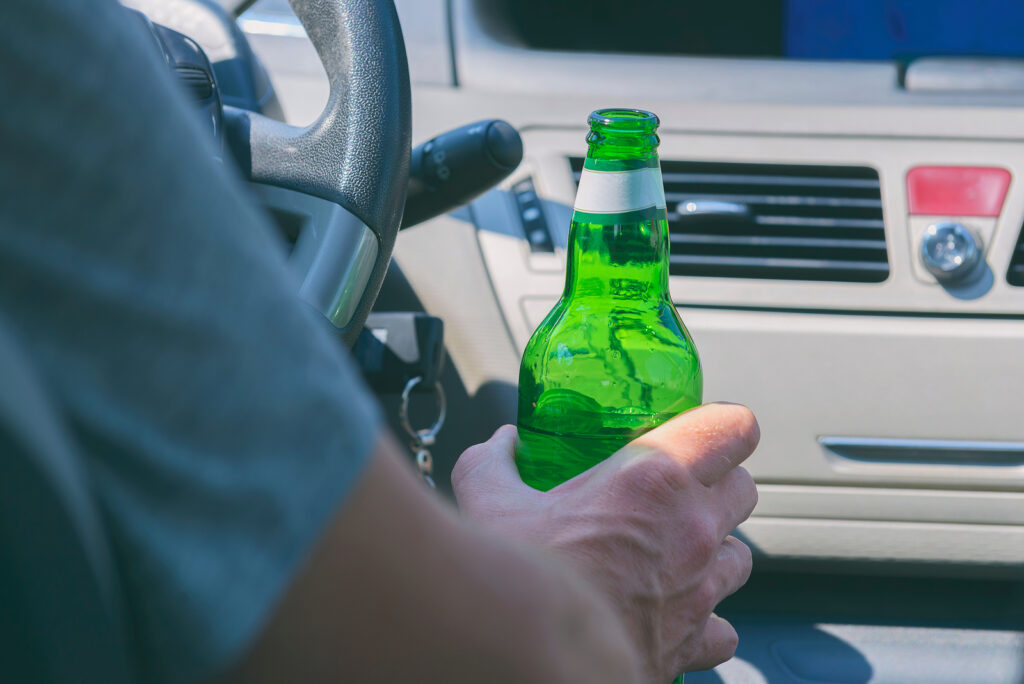Previously, we did a video about circumstances where the police get to use drug-sniffing dogs. Now, I want to tell you about a case that involved a drug-sniffing dog with one of our clients. During that case we discovered a problem that likely exists in many of the drugs-sniffing dogs that are still in use today. Drug sniffing dogs go through this intense training program. That’s why the courts find them reliable when the dog detects drugs in a particular object, like a bag or car. In this intense training program, they are taught to sniff and detect many different types of drugs, such as cocaine, heroin, LSD, methamphetamine. But what we discovered in this case is that many of these dogs are still also being trained to detect marijuana.
The Problem
In Massachusetts, marijuana was decriminalized in 2008. It was formally legalized by a ballot initiative in 2016. It’s no longer an illegal drug. Ordinary people can possess up to two ounces on them without it being a crime.
So let’s consider a dog who’s gone through all this training to detect all these different drugs, including marijuana. The problem arises when the dog alerts. The dogs don’t have a different alert for the different types of drugs that they’re trained to detect. For instance, they don’t raise their left paw when it’s marijuana and their right paw when it’s cocaine. They have one alert. In most cases, the dog will go to the area, sniff and if they smell a drug they’re trained to detect they sit down. The alert also does not tell the police the amount / weight of the drugs present. Only that some amount has been detected. The problem is that we don’t know what they’re smelling. We don’t know if they’re smelling an illegal drug like cocaine or if it’s a legal substance like marijuana.
What A Lawyer Should Do
That becomes a problem for the police when they try to use the dog’s alert on the bag, car or other item to justify their further investigation, such as trying to get a search warrant. Because marijuana is not illegal, the dog’s who are trained to detect it would give the police no legal basis to believe an illegal drug was present. This goes back to the fact that the dog doesn’t have a way to differentiate between the drugs he or she is trained to detect. So we won’t know whether the dog just smelled an illegal drug like cocaine or a legal one like marijuana. That provides a great defense to these types of cases, even if the drug you actually had was not marijuana. That provides an opening for you to argue to the judge, “We don’t know what the dog was alerting to,” was it something illegal or legal?
So it’s really important, if you’ve been arrested for a drug charge and it involved a drug-sniffing dog to find those drugs, your lawyer must ask for what they call the CV (curriculum vitae) or resume for the dog. The dogs actually have them and it talks about their training. It talks about what drugs they’ve been trained to detect. If the dog was trained to detect marijuana, that may provide a great defense to be used in court to show that the search was illegal.
If you have any questions, please feel free to give me a call or shoot me an email. I’d be happy to speak with you about it.






